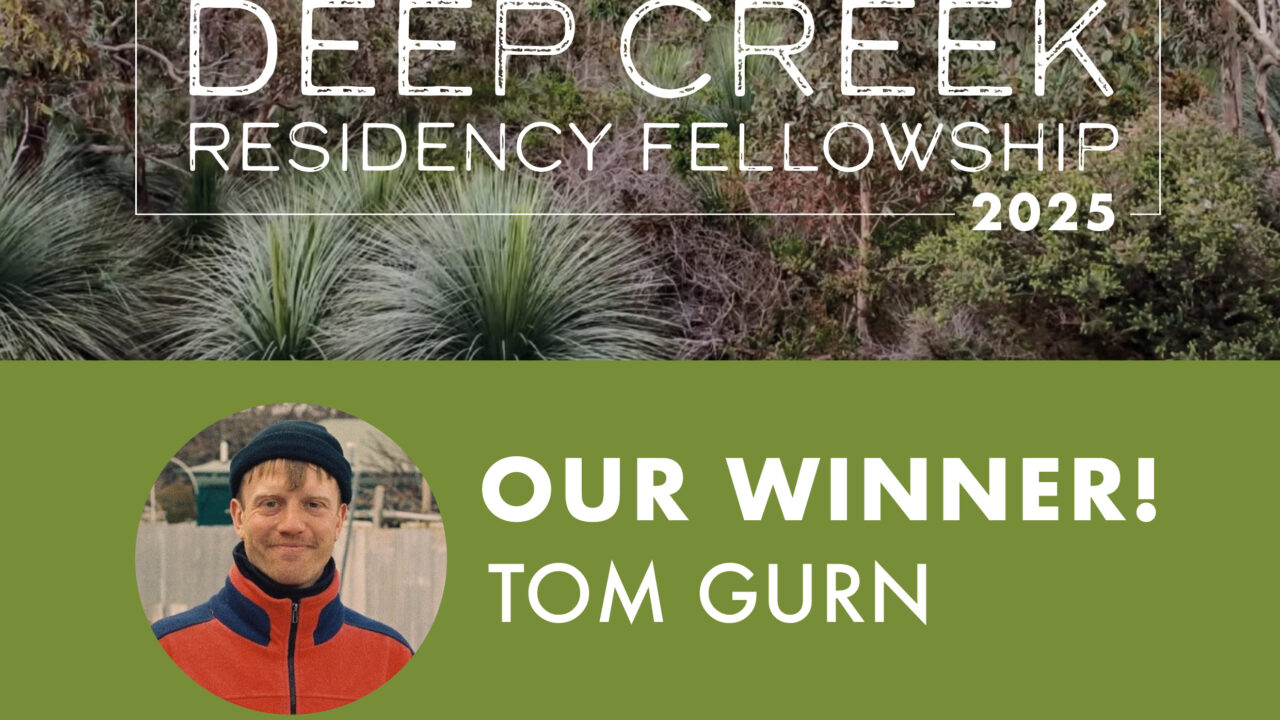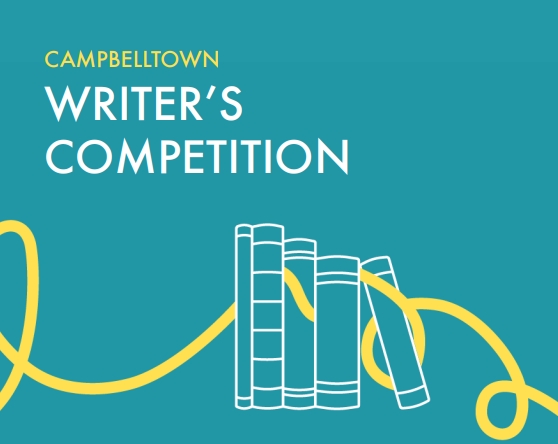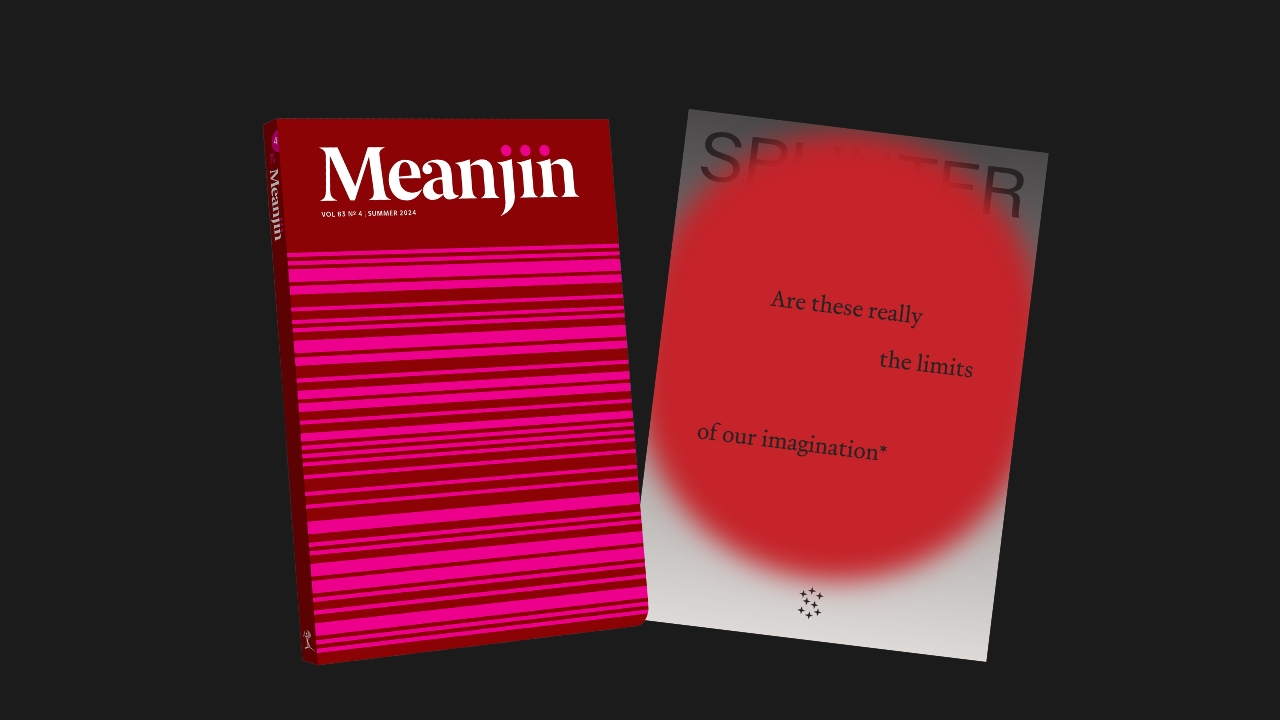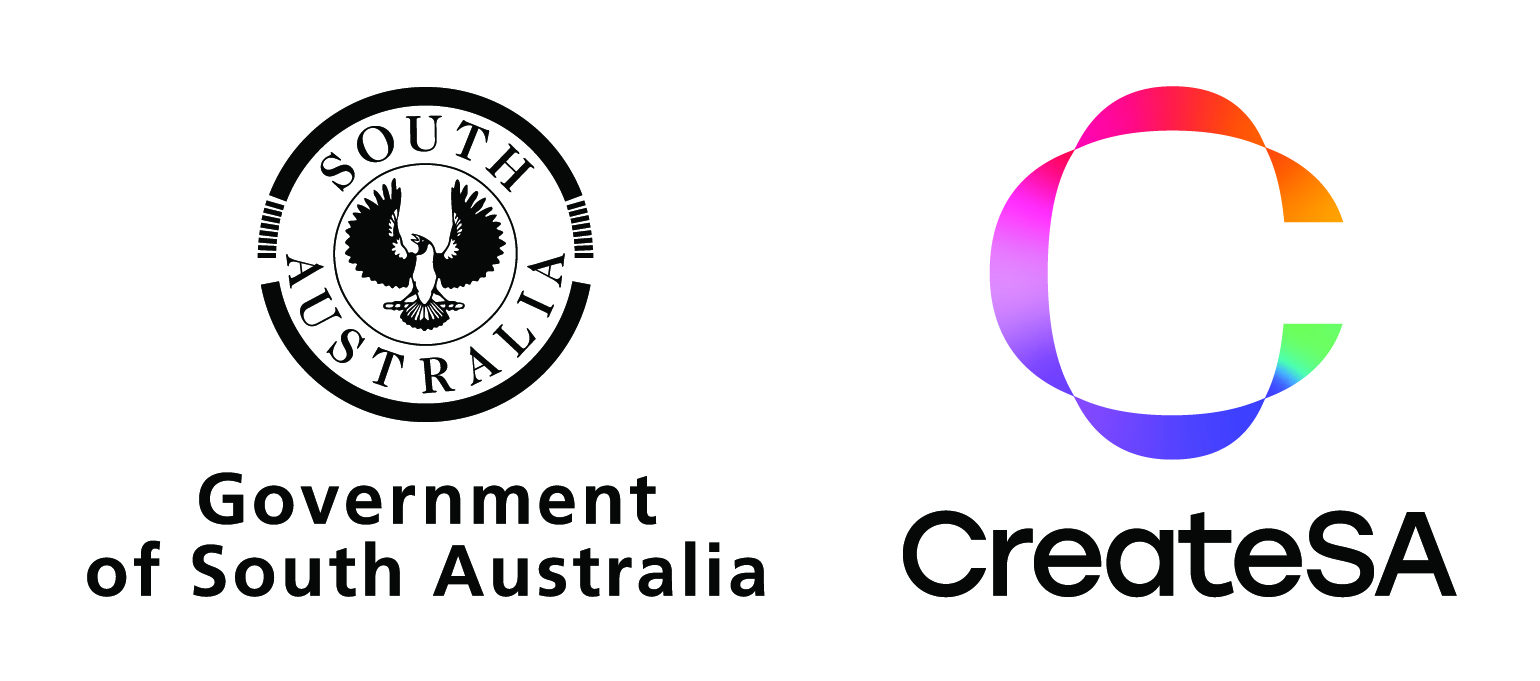By Rose Hartley (SAWC’s Writer in Residence)
Melbourne’s Emerging Writers Festival is too big to take in all at once, so I picked the most delicious-sounding events to attend. And what a feast for the ears it was.
Launch of Poetic Justice
I was in Melbourne for the launch of Poetic Justice: Contemporary Australian Voices on Equality and Human Rights, a publication put out by the wonderful people at Right Now. My short story Hard Rubbish is in the collection, which features a foreword by Christos Tsiolkas, essays by luminaries like Tony Birch and Julian Burnside, and poetry by Maxine Beneba Clarke, winner of the Victorian Premier’s Unpublished Manuscript Award 2013.
The launch of Poetic Justice, and the rest of the festival, cemented my view that oral story-telling and performance poetry can be as emotional an experience as seeing a Verdi opera (or a Pixar movie).
Uncle Larry Walsh, Indigenous leader and master storyteller, gave an arresting opening speech. His words were like poetry in their clarity, their heartfelt simplicity and their call to action. Something he said stuck with me: the only rights enshrined in the Australian constitution are the rights to practise religion and make money. We have no bill of human rights in Australia, so is it any wonder our government is freely abusing the rights of refugees in our name? Poetic Justice is an attempt to make sure these issues are not pushed aside.
The launch featured performances by emerging writers from the West Writers Group, and a couple of Poetic Justice authors read their work. The highlight came at the end when Maxine Beneba-Clarke performed her now famous poem, angry brown men r gonna burn london to the ground.
I can’t remember how I discovered Beneba-Clarke, but I remember the first time I listened to one of her recordings. I was awed at the song-like quality of her voice, and the way she can take a complex idea brimming with raw emotion and turn it into pure arrows of sound that burrow into your soul. Her poem about the London riots almost blew up the internet after Tim Minchin tweeted a link to it.
Derrick Brown at Going Down Swinging
Going Down Swinging pulled off a masterpiece with their inaugural One Night Wonders show where American spoken word master Derrick Brown performed some of his best poems.
Derrick Brown is similar to Maxine Beneba-Clarke in that he has a sense of the significant as well as a sense of humour. They manage to articulate the important things about being human in the simplest, most beautiful language. Their poetry is the antithesis of bad PhD poetry, what Don Paterson from St Andrews University calls “experiential, trivial, half-baked surrealist, shapeless and idea-free verse.”
Anyone who writes lines like:
I don’t want to be the best lover you’ve ever had
I just want to be your favourite
is okay with me.
(Side note: apparently Brown wants to turn poets into rock stars. He’s leading the way by performing with bands like the Flaming Lips. I like his style. Poets shouldn’t be huddled away in their bedrooms, penning mournful lines that nobody ever reads.)
Gathered on the pews of the tiny Mission to Seafarers Chapel listening to his voice, it felt like a religious experience for heathen poets. I’ll always remember the wooden beams of the chapel ceiling, the hardness of the pews, the silence of the crowd as he read A Finger, Two Dots, Then Me, the shouting and stomping at the end, and walking out into the cold knowing something has changed.
To finish, I thought you might like to read about the most awkward exchange that ever happened. It was between a famous poet signing his books (Derrick Brown) and an unknown writer from Adelaide (me).
“Hello,” I said, as I shoved his book at him.
He waited patiently, pen poised for me to tell him my name.
I stared at him.
“What’s your name?” he asked finally.
“My. Name. Is. Rose.” Staring at him, ever staring.
“Sorry?”
“Rose.”
“Okay.”
“I have to pay you.”
“You pay her.” He points to the woman next to him, who I should have paid before I handed the book to him.
Despite the awkward moment he wrote a beautiful note to me in the front of the book, which I didn’t read until after I had walked away with red cheeks. I’m not going to tell you what he wrote, because the words are mine, all mine.
About Poetic Justice:
Poetic Justice is a collection of essays, fiction, poetry and visual art about human rights issues in Australia. You can buy Poetic Justice from Right Now or order it from Readings. You’ll find a foreword by Christos Tsiolkas, essays by luminaries like Tony Birch and Julian Burnside, poetry by the winner of the Unpublished Manuscript award, Maxine Beneba Clarke, and fiction by the SA Writers Centre writer in residence Rose Hartley.







